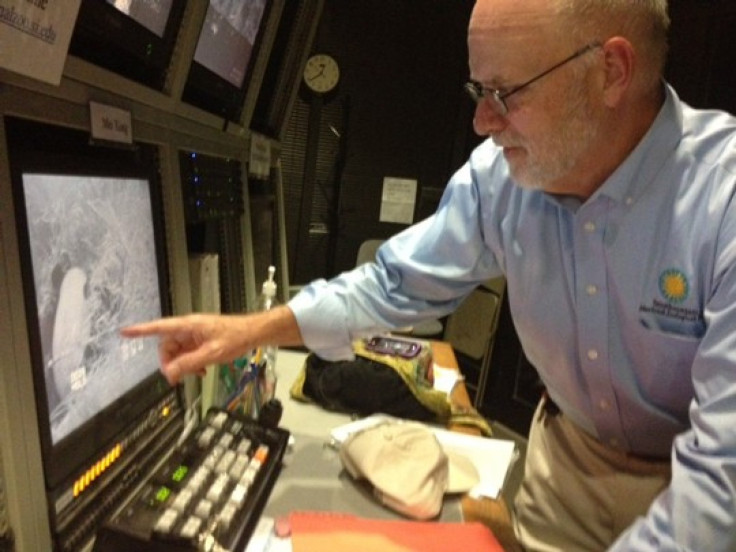Newborn Panda Cub Dies At National Zoo

In a sad turn of events, the Smithsonian National Zoological Park in Washington, D.C., announced that its newborn giant panda cub was found dead on Sunday morning of unidentified causes, reported the Washington Post.
At a news conference, National Zoo director Dennis Kelly said, "This is devastating for all of us here. … It's hard to describe how much passion and energy and care has gone into this."
According to Pamela Baker-Masson, a spokeswoman for the zoo, panda keepers first heard “distressed vocalizations” from the cub’s mother, Mei Xiang, around 9:17 Sunday morning when they realized that it had been some time since they had heard any squealing from the week-old cub.
"[Mei Xiang] got up and moved from where she was holding the cub and made a honk. The keepers and scientists tell me that a honk was an unusual sign to make, and we surmised that it was a distress call,” said Kelly.
Staff, who are not allowed inside the panda habitat until several weeks after a cub has been born, used cushioned grabbers to reach inside and retrieve the newborn. But after failed attempts to revive the cub using CPR, zoo veterinarians declared the animal dead.
In a message to followers early Sunday afternoon, the National Zoo tweeted, “We are brokenhearted to share that we have lost our little giant panda cub. More details on our FB page and on our website very soon.”
In a statement on Facebook, the zoo explained that after realizing the cub was in distress and turning off the panda cam, zoo veterinarians “immediately performed CPR and other life-saving measures, but sadly the cub was unresponsive.”
Zoo keepers reported that the cub did not display any visible signs of trauma or infection, and by all appearances, looked to be in good condition, according to a report by Fox. But newborn pandas are notoriously delicate and prone to trauma and infection.
Last week Rebecca Snyder, curator of mammals at Zoo Atlanta, which has had three giant panda cubs, described the period after a panda birth as highly stressful, saying, "It's kind of a nerve-racking period for the folks that are monitoring mom and cub.”
Zoo staff and panda fans were elated last week following the birth of the unnamed cub (the zoo waits 100 days to name all of its pandas, in keeping with Chinese custom.) The giant panda was the first to be born at the zoo since 2005, and came as an unexpected surprise for zoo keepers. The scientists who artificially inseminated its mother, Mei Xiang, had rated her chances of conceiving at only 10 percent.
Prior to the birth, they announced that this would be their last attempt to try to inseminate the 14-year-old panda.
© Copyright IBTimes 2024. All rights reserved.











